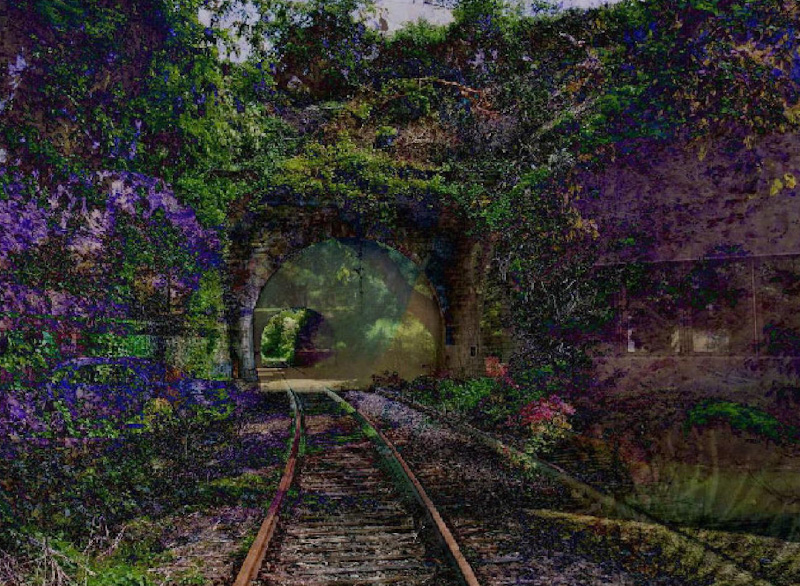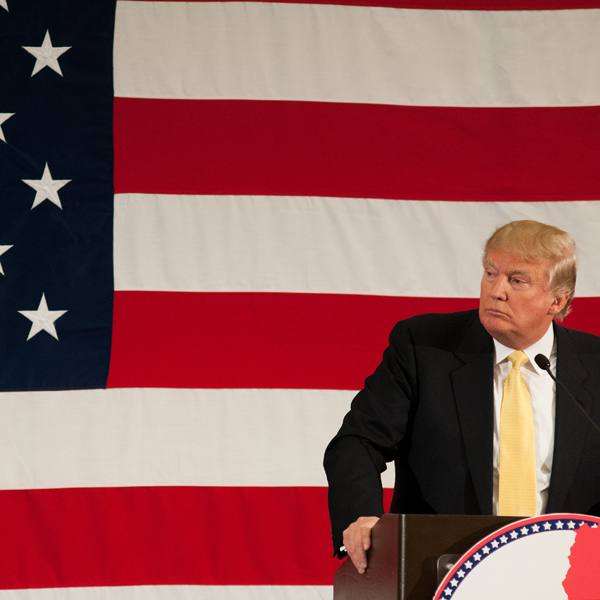Art generated by AI can’t be copyrighted, DC court says

Inventor Stephen Thaler claimed that his computer system generated a piece of visual artwork titled A Recent Entrance to Paradise, and should be considered its author. Image from the Aug. 18 decision by Judge Beryl A. Howell.
Art created by artificial intelligence cannot receive copyright protection under U.S. law, a federal judge ruled last week in a case that could influence the outcomes of future disputes over authorship and intellectual property.
In the Aug. 18 decision, Judge Beryl A. Howell of the U.S. District Court for the District of Columbia ruled in favor of the U.S. Copyright Office, which denied inventor Stephen Thaler’s request to register a piece of visual artwork titled A Recent Entrance to Paradise. Thaler claimed that his computer system, the “Creativity Machine,” generated the art and should be considered its author.
The Copyright Office and the District of Columbia agreed that only works created by human beings are eligible for copyright.
“By its plain text, the 1976 [Copyright] Act thus requires a copyrightable work to have an originator with the capacity for intellectual, creative or artistic labor,” she wrote in the District of Columbia’s decision. “Must that originator be a human being to claim copyright protection? The answer is yes.”
The New York Times, Politico, Reuters, Bloomberg Law and Law360 have coverage.
In Thaler’s application for A Recent Entrance to Paradise, he noted that the copyright should be issued and transferred to him as the owner of the computer system. After the Copyright Office denied his first application in 2019, Thaler confirmed that the work “was autonomously generated by an AI” and “lack[ed] traditional human authorship” but took issue with that requirement.
According to the District of Columbia, he urged AI to be “acknowledge[d] … as an author where it otherwise meets authorship criteria, with any copyright ownership vesting in the AI’s owner.”
Howell contended that while no court has recognized copyright in a work created by a nonhuman, the boundaries of copyright protection could change, as more artists use AI to generate new visual and other artistic works.
“The increased attenuation of human creativity from the actual generation of the final work will prompt challenging questions regarding how much human input is necessary to qualify the user of an AI system as an ‘author’ of a generated work, the scope of the protection obtained over the resultant image, how to assess the originality of AI-generated works where the systems may have been trained on unknown preexisting works, how copyright might best be used to incentivize creative works involving AI and more,” she wrote.
The New York Times reported that the Copyright Office issued a statement saying it “believes the court reached the correct result.”
Thaler’s lawyer, Ryan Abbott, told the New York Times that he would appeal the decision.
“Do we want rules where you can own what comes out of artificial intelligence?” Abbott reportedly said. “Or do we want rules that only protect very traditional, human artworks?”
James Grimmelmann, a professor of digital and information law at Cornell Law School, told Politico that the decision “changes absolutely nothing because the status quo has been that AI-generated works aren’t copyrightable.”
Write a letter to the editor, share a story tip or update, or report an error.



